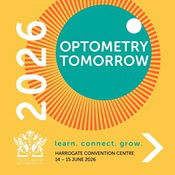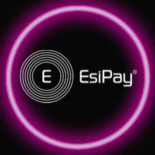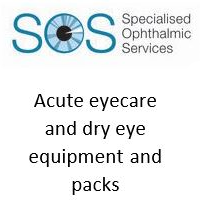Ophthalmology and OMPs
NHS patient describes new eye cancer treatment as “best early Christmas present”
NHS patient describes new eye cancer treatment as “best early Christmas present”
The first ever drug for an aggressive form of eye cancer is being fast-tracked to hundreds of patients by the NHS across England.
One patient receiving the treatment described the rollout as “the best early Christmas present I could’ve asked for”.
Patients diagnosed with uveal melanoma can now be offered the first-of-its-kind treatment, tebentafusp, following today’s approval by the National Institute for Health and Care Excellence (NICE).
Over the coming years, hundreds of patients could be offered the drug when their cancer cannot be removed by surgery or has spread to other parts of the body, giving them more precious time with their friends and family.
More than 100 patients each year are expected to be eligible for the pioneering drug, also known by its brand name Kimmtrak®, which has been shown to boost chances of survival, with patients living an average of 5 months longer than those on standard treatments.
Joanne Foster, from Newcastle, was diagnosed with uveal melanoma following an eye test in 2013. After her cancer spread to her kidney and lungs, she was offered tebentafusp last year as part of a company compassionate access scheme offered to patients who have a disease with no satisfactory authorised treatment and who cannot enter clinical trials.
Joanne, 57, said: “Living with uveal melanoma is both physically and mentally draining – I’ve had my eye removed and ongoing treatment for over a decade, with the uncertainty of not knowing what is round the corner being incredibly difficult, particularly with no treatments available until now.
“The news that tebentafusp is now available for hundreds of current and future NHS patients just like me is the best early Christmas present I could’ve asked for. While I know it isn’t a long-term cure, it has shrunk the tumour on my kidney and stabilised my cancer in my lungs, which gives me precious time to spend with my family and loved ones”.
Around 600 patients are diagnosed with uveal cancer each year across the UK. To be eligible for tebentafusb, patients with an inoperable or metastatic form of uveal melanoma will have a blood test to determine whether they have the genetic markers that make them suitable for the drug.
Tebentafusp is given to eligible patients through weekly intravenous infusions in hospital and works by acting as a bridge between specific proteins on the melanoma cancer cells and T-cells from the body’s immune system, allowing them to kill cancer cells and slow the growth of the cancer. It is the first drug to use this type of pioneering technology.
Clinical trials show the chance of surviving 3 years after starting tebentafusb is 27% compared to the 18% figure for current standard treatments which are immunotherapies called checkpoint inhibitors. The drug was found to increase average overall survival by almost 5 months against standard treatment from 21.6 months to 16.9 months.























